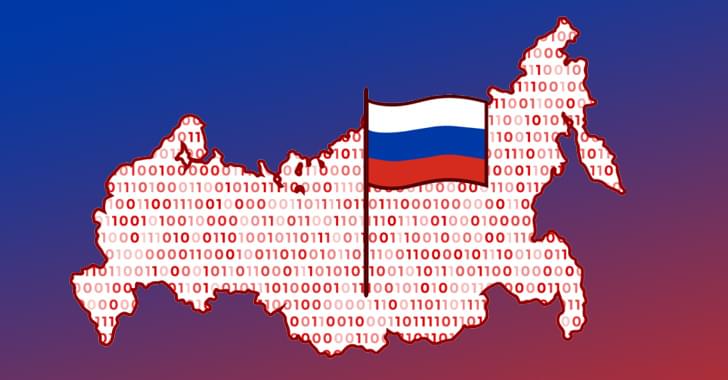O.o!!!
Polymorphic malware leverages an encryption key to alter its shape, signature, and behavioral pattern. Using a mutation engine and a self-propagated code strain, it encrypts its code and changes how physical files are created. Many traditional cybersecurity solutions that rely on signature-based detection—a technique in which security systems identify a malware based on its known characteristics—fail to recognize or detect polymorphic threats.
A polymorphic attack typically involves the following stages.


 עברית (Hebrew)
עברית (Hebrew)





